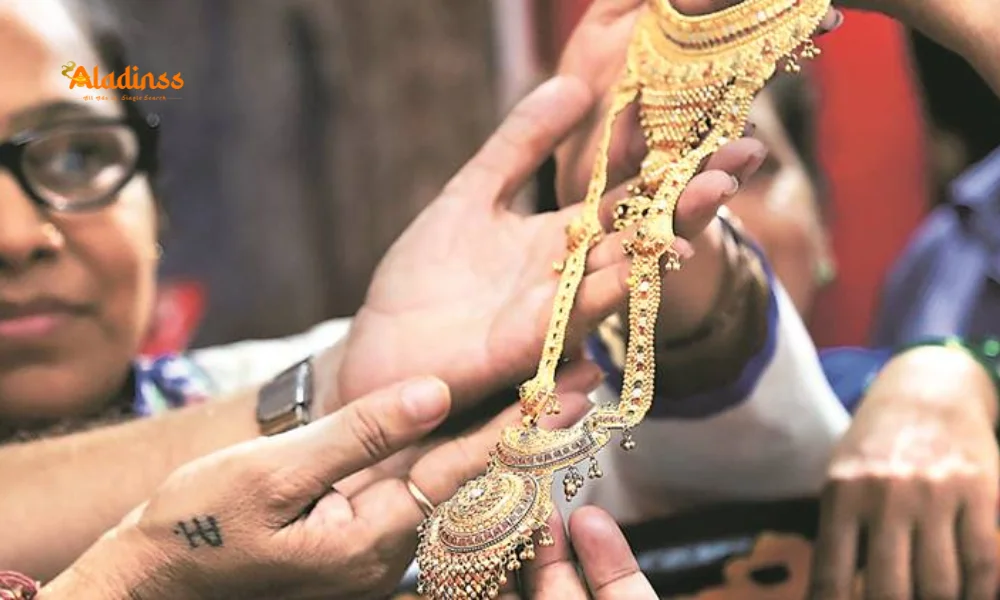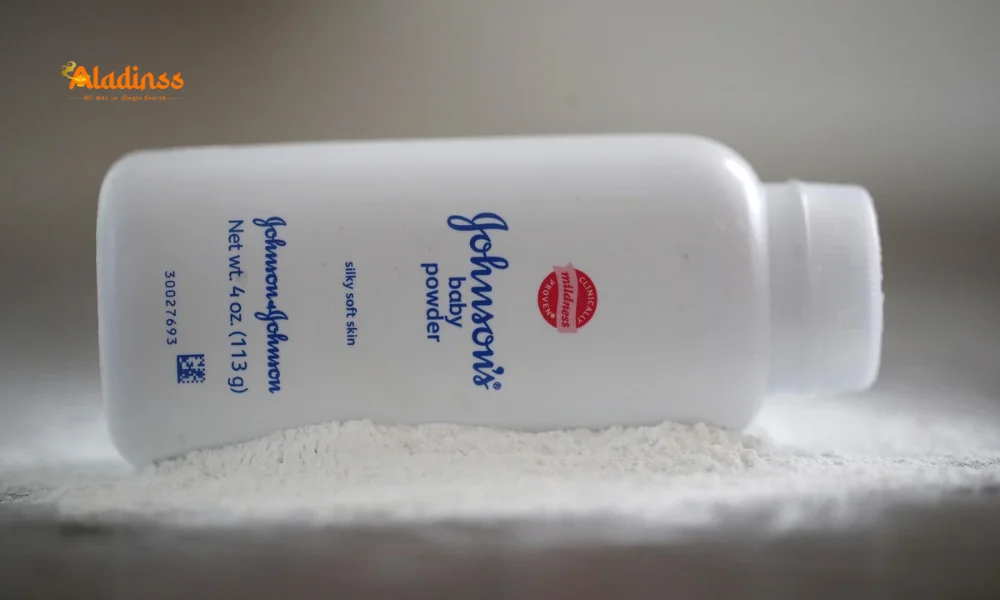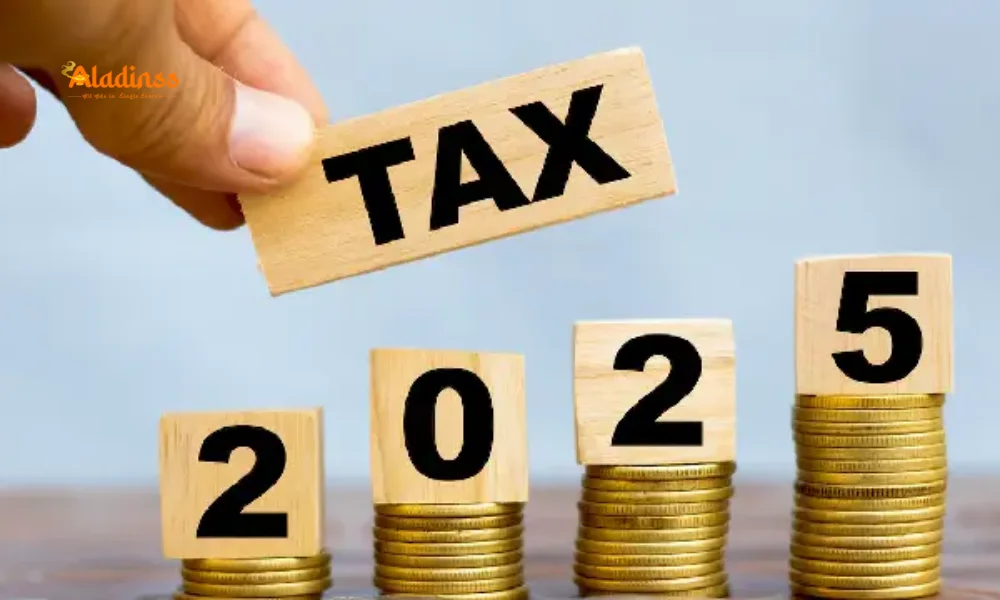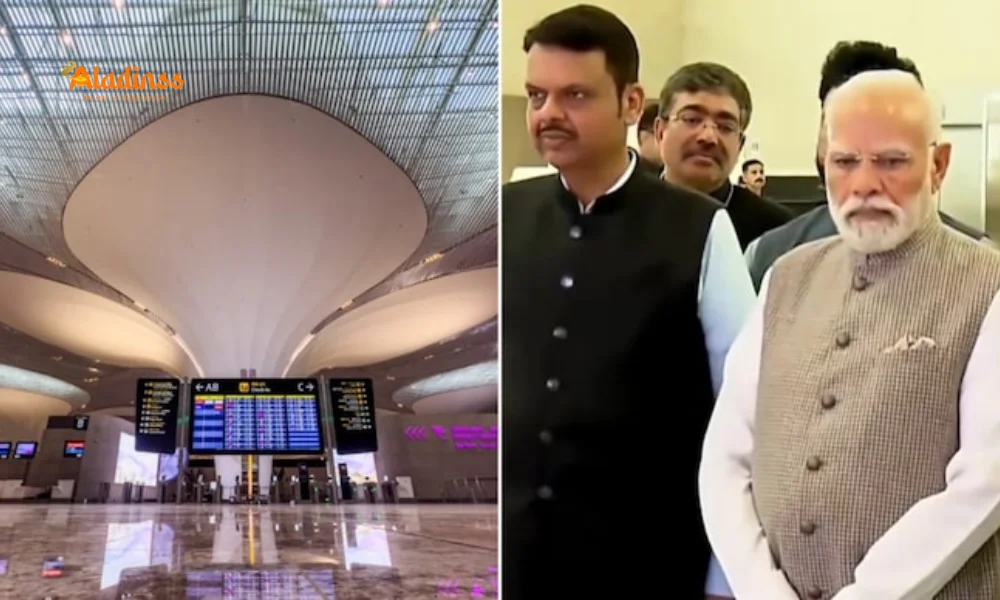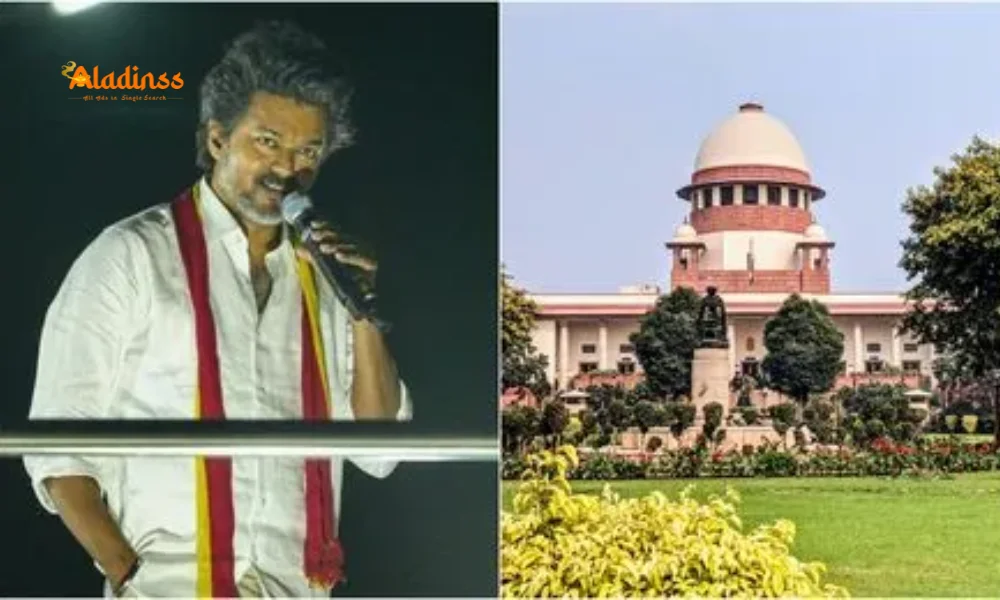TN Plans Rs 5000 Pongal Cash for Ration Holders
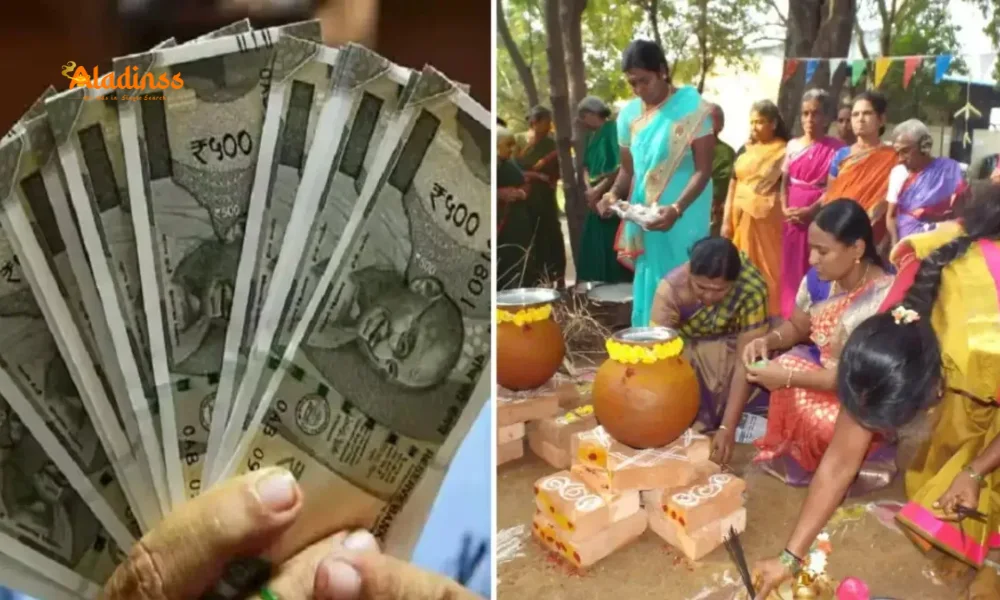
Tamil Nadu Eyes Rs 5000 Cash Boost for Ration Card Holders in Pongal 2026 Package Amid Financial Planning
The Tamil Nadu government is reportedly contemplating a substantial Rs 5,000 cash assistance for rice ration card holders as part of the Pongal 2026 gift scheme, potentially announced during the upcoming Diwali festivities to align with central GST relief measures. This move follows Prime Minister Narendra Modi's Independence Day pledge for Diwali bonuses through reduced GST on essentials, now implemented in a two-slab structure, easing household budgets. In response, state officials are exploring enhanced Pongal support, estimated at Rs 10,000 crore, to revive the cash component absent in 2025 due to fiscal strains from floods and cyclone relief. While the 2025 Pongal package limited beneficiaries to rice, sugar, sugarcane, and free attire without monetary aid, the proposed Pongal cash assistance 2026 aims to address public discontent, covering over 2.2 crore families. Chief Minister M.K. Stalin is expected to unveil details soon, focusing on eligible rice and sugar card holders to bolster festive cheer and economic relief in Tamil Nadu.
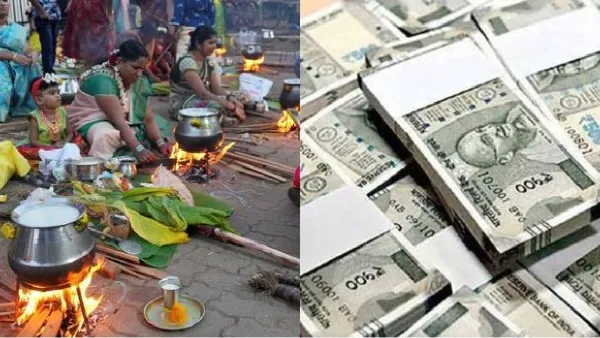
Echoing Central Diwali Relief: Tamil Nadu's Responsive Pongal Strategy
Prime Minister Modi's announcement of GST reductions on daily necessities has set a precedent for festive economic support, prompting Tamil Nadu to mirror this with amplified state initiatives. The dual-slab GST framework lowers taxes on items like rice and pulses, directly benefiting low-income households. In tandem, the DMK government's Pongal planning seeks to layer on direct cash transfers, transforming the traditional harvest festival into a broader welfare milestone. Secretariat sources indicate directives to the finance department for fund allocation, prioritizing transparency to avoid past exclusions that sparked debates during the 2025 assembly sessions.
- GST Impact: Two-tier rates reduce costs on essentials, freeing up family budgets for festivals.
- State Synergy: Aligns Pongal aid with central efforts for comprehensive relief.
- Fiscal Blueprint: Rs 10,000 crore earmarked, sourced from reallocated disaster recovery funds.
- Announcement Timeline: Likely during Diwali, with CM Stalin leading the reveal.
This strategic response underscores Tamil Nadu's commitment to welfare amid economic pressures, ensuring Pongal 2026 resonates as a symbol of shared prosperity.
Recap of 2025 Pongal: Lessons from a Scaled-Back Package
Last year's Pongal distribution, launched by CM Stalin on January 9, reached 2.2 crore beneficiaries but drew criticism for omitting the cash element—previously Rs 1,000 in 2024 and higher in prior years. Finance Minister Thangam Thennarasu attributed the cut to financial burdens from northeast monsoon floods and delayed central reimbursements, limiting hampers to 1 kg brown rice, 1 kg sugar, one sugarcane, and free dhotis/sarees at Rs 249.76 crore cost. Tokens were issued door-to-door from early January, with distribution concluding by Pongal eve, yet the absence of funds left many, especially in flood-hit districts, feeling shortchanged.
Also Read: PM Modi Inaugurates Navi Mumbai Airport
Opposition voices and even alliance partners highlighted the shift from comprehensive kits—including jaggery, cashews, and dal—to basics, fueling calls for restoration. This feedback has evidently shaped 2026 deliberations, emphasizing cash's role in offsetting inflation and festival expenses.
Envisioning Pongal 2026: Comprehensive Gift Hamper Details
For Pongal 2026, the proposed package revives a fuller array, blending tradition with tangible support. Beyond the Rs 5,000 cash—targeted at rice ration card holders—the hamper may include 1 kg rice, jaggery, sugarcane, cardamom, cashews, and the signature dhoti-saree duo. This holistic approach, costing upwards of Rs 10,000 crore, aims to cover 2.2 crore families, including Sri Lankan Tamil camp residents, fostering inclusivity. Distribution logistics mirror past efforts: tokens from early January, hampers via ration shops by mid-month, overseen by ministers and MLAs.
- Cash Core: Rs 5,000 direct transfer, reviving post-2025 hiatus.
- Essentials Mix: Rice, jaggery, sugarcane for authentic Pongal prep.
- Premium Touches: Cardamom, cashews for enhanced festive value.
- Attire Inclusion: Free dhotis and sarees for over 1.77 crore units.
Eligibility hinges on valid rice cards, excluding income-based variants, with verification via Aadhaar-linked systems to curb misuse. This upgrade not only honors Pongal's harvest ethos but also injects liquidity into rural economies.
Financial Maneuvering: Securing Funds for Welfare Expansion
Allocating Rs 10,000 crore demands astute budgeting, with the finance department tasked to repurpose funds from non-essential schemes and leverage surplus from GST collections. Post-2025's Rs 250 crore hamper, the cash infusion scales welfare exponentially, potentially funded via state bonds or central matching grants under disaster recovery. Critics note the 2026 assembly elections add political weight, yet proponents argue it's essential for inflation-hit households, where Pongal costs have risen 15-20% annually.
Historical precedents—like Rs 2,500 cash in 2021—show such aids boost consumption, stimulating local markets for jaggery and attire. The government's Kalaignar Urimai Thogai Scheme, crediting Rs 1,000 monthly to 1.14 crore women, complements this, creating a safety net amid rising living costs.
Public Sentiment and Political Echoes: From Discontent to Anticipation
The 2025 omission ignited widespread discourse, with beneficiaries like auto drivers voicing frustration over curtailed joys. Social media buzzed with #PongalCashDemand, amplifying calls from CPI allies for at least Rs 1,000 revival. Now, whispers of Rs 5,000 have shifted tones to optimism, positioning CM Stalin as a responsive leader ahead of 2026 polls. This narrative weaves welfare with electoral strategy, echoing Modi's Diwali GST as a bipartisan festive lifeline.
Rural women, primary hamper recipients, stand to gain most, using funds for education or debt relief. Urban pockets in Chennai and Coimbatore, hit by urban floods, view it as equitable redress, bridging rural-urban divides in Tamil Nadu's social fabric.
Implementation Roadmap: Tokens, Distribution, and Eligibility Clarity
Once announced, tokens roll out in early January 2026 via ration shops or door-to-door, valid for hamper collection by Pongal (January 14-17). Digital integration with PFDS portals ensures seamless DBT for cash, minimizing leakages. Exclusions target non-residents and duplicate cards, with helplines for grievances. Ministers' oversight guarantees equity, drawing from 2025's model but amplified for scale.
- Token Phase: January 3-8, free and mandatory.
- Collection Window: January 9-13, at local PDS outlets.
- Cash Mode: Direct bank transfer post-verification.
- Grievance Redress: Toll-free lines and district portals.
This streamlined process, honed over years, promises efficient reach, embodying Pongal's spirit of gratitude and community.
Broader Welfare Horizon: Integrating Pongal with Ongoing Schemes
The Pongal cash assistance integrates with Tamil Nadu's ecosystem, like the Rs 1,000 women's stipend and free bus rides, forming a Rs 50,000+ annual safety net for BPL families. It counters inflation on staples, where rice prices rose 10% post-2025 harvests, and supports MSMEs via boosted demand. As Diwali nears, the announcement could synchronize with central rebates, maximizing impact.
Looking ahead, experts suggest indexing aids to CPI for sustainability, ensuring Pongal evolves from ritual to resilient welfare. For 2.2 crore souls, this Rs 5,000 beacon heralds not just harvest bounty but hopeful tomorrows in Tamil Nadu's vibrant tapestry.
Comment / Reply From
No comments yet. Be the first to comment!
